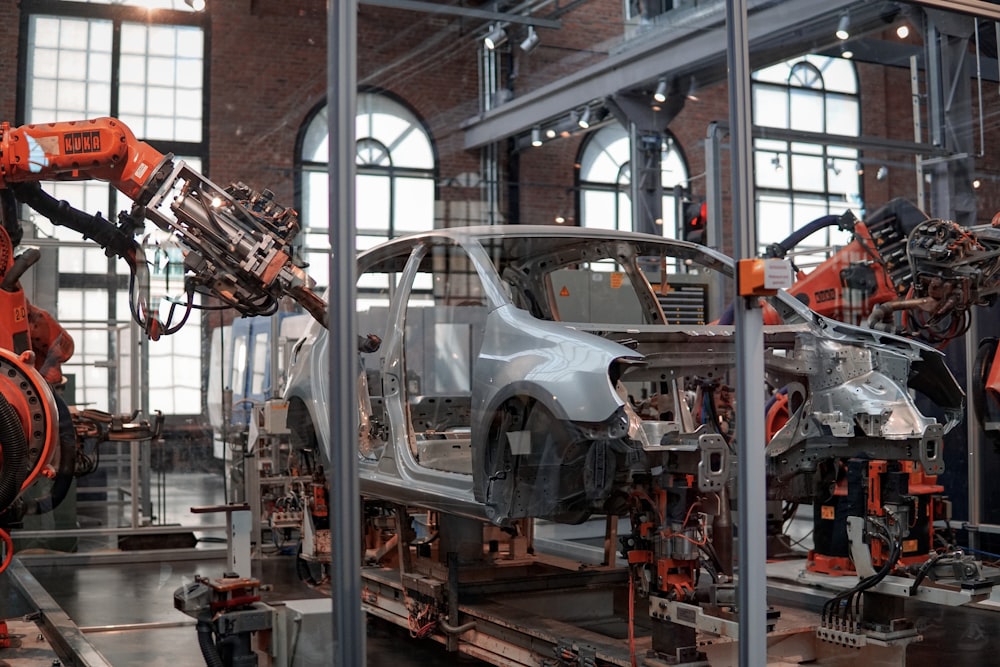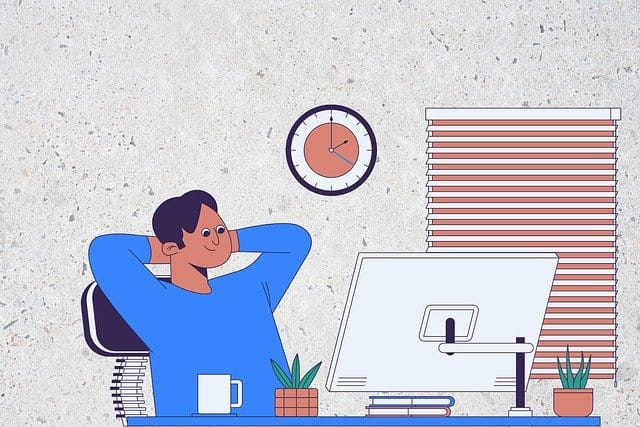Work from home (WFH) during the pandemic showed that a lot of jobs could be done from home, especially as people’s priorities shifted. Companies were forced to let people WFH if they wanted to remain in business, and those that couldn’t had to cut their labor, downsize, and potentially close shop.
This wasn’t just a one-time shock but created a paradigm shift in how work would look in the future. Technologies like Zoom became ubiquitous. People had to find new ways to adapt to not just lockdowns, but creating social communities, and think about their future and happiness.
When the tides shifted
I used to think that as employees, we really don’t have much ground to stand on especially since we are all replaceable. Maybe this is just an immigrant mindset, where I already feel lucky to have the opportunities that I have so I need to be grateful and not make waves. Becoming the “model minority”.
During covid, it’s not like my thoughts changed much. Lots of people lost their jobs as businesses had to shut down or downsize entirely, but for other businesses and employees who worked from home, this opened a possibility to explore something companies had been long-time reluctant to do. The work from home. And so began the great experiment.
What it showed
It proved people could do work effectively from home. But also, that more than ever, those people are highly dependent on the people who do still have to go into the office, who do still have to show up in person, bag the groceries, interact with other humans, and not have their health be as “prioritized”. It may seem unfair, and it is. But fairness generally hasn’t been the pattern seen throughout history, and it’s unlikely that we will ever be able to promise equality of outcome.
For those who could WFH, priorities began to shift. What started as a nuisance for people with families, became a saving grace to understand what meant more than actual work. Never have been given the opportunity before, people began to realize that they didn’t want to spend 2 hours in commute every day, and if it came to getting work done, they were more than capable of adapting.
Sure there are downsides, where work and personal life seem to blend together. Teams became more cohesive whereas company level alignment decreased. But people who still had jobs learned what could be possible.
How did companies react?
Twitter famously announced that it would allow people to WFH forever! Other companies put pressure on their employees to get the vaccine and start coming into the office. Both companies were trying to look out for their best interests. The former realized that employees were happier, more productive, and maybe even factored in the lower operating costs of the office. The latter probably had developed a culture of in-person work/collaboration and was reluctant to give that up. Maybe it was even because they felt their work could not be done at home.
For companies that depended on in-person workers such as grocery stores and restaurants, there came a dilemma. Employees now held more bargaining power. They knew a lot of people would be reluctant to come into work, and competition for those workers would rise even more!
But it made one thing very clear, especially to the more dominant chains, something Uber has been trying to do from the very beginning. They needed to rely more on automation.
Predictions for the future of work
Automation
It’s undeniable that technology has been used throughout history to redefine society and how it operates. So it shouldn’t really come as a shock when we talk about robots playing a bigger role in the creation of goods and services. What has changed is the role humans played alongside that technology. Right now, most technology has been used to facilitate efficiency, with humans working alongside, but people fear that robots will entirely replace the low-skilled workforce.

Technology is really good at doing repetitive tasks. And robots haven’t changed in how they work, they have just gotten better at doing more and more complex tasks. Down the line, we’ll likely see this trend where automated machinery replaces the human role entirely, forcing a redefinition of skills through some turbulence.
Even skills such as software engineering are not necessarily protected. Github’s Code Pilot alongside no-code software has reduced the need for the skill required to get started with software. So new engineers need to have the ability to create more complex systems, and continuously adapt.
Hyper-competition
WFH seems like a dream for most people. Not having to commute, being able to spend time with the family. Having to now face vastly greater competition in the job market. Okay, maybe the last one isn’t as exciting. As more companies decide to offer fully remote roles, it’s also pretty clear that they won’t just be searching for local talent anymore. This is especially true for companies that don’t really require people to work in the same time zone. More competition might seem like it would tilt the job market in favor of the employers. But, as companies see their workforce leaving to pursue other opportunities, they too will decide to shift gears and start offering more remote roles.
It’s unclear what the net result would be. More opportunities for each person, but also more competition for that work. Areas with low talent pools might have been able to grow more quickly, but the employees there would need to up their game as well to compete with a broader market. High talent areas like Silicon Valley have already seen a massive exodus.
Resource Consumption
Fewer cars on the road? Possible. Increase in infrastructure? Harder to gauge. This is one of the hardest things to predict just because of how intertwined everything becomes. If people start working from home, sure, there is less traffic, and less need for regular infrastructure maintenance, but this also means increasing infrastructure projects to facilitate resources for people as areas of living expand. Companies that previously had to comply with energy codes won’t have to worry if all people are working from home where there is no specific requirement on energy consumption. Maybe as people feel a greater burden on themselves, they’ll start to reduce their costs by increasing efficiency.

Social Happiness?
Happiness perhaps for those who enjoy spending time with their families. Recent graduates and other people newly entering the workforce may find themselves lacking social structure, and look elsewhere to find a sense of community. Social networking technology will see an uptick but that doesn’t necessarily translate to happiness, actually probably the opposite. But, with remote work, perhaps it would be easier for people to form the communities they want, as opposed to the community the work requires them to conform to if they want an easier commute.
